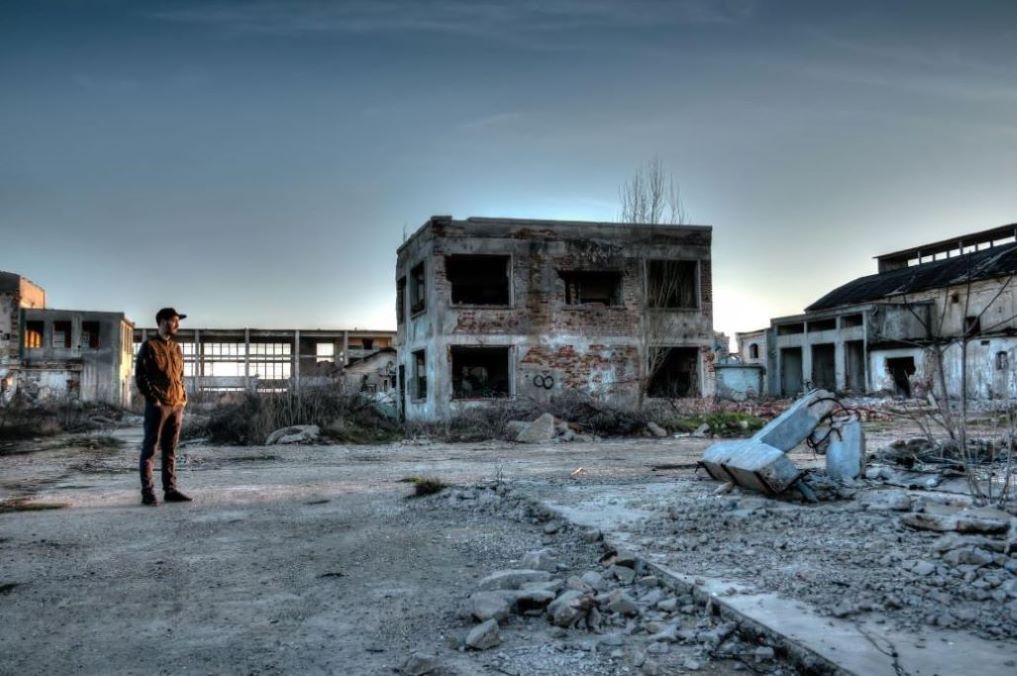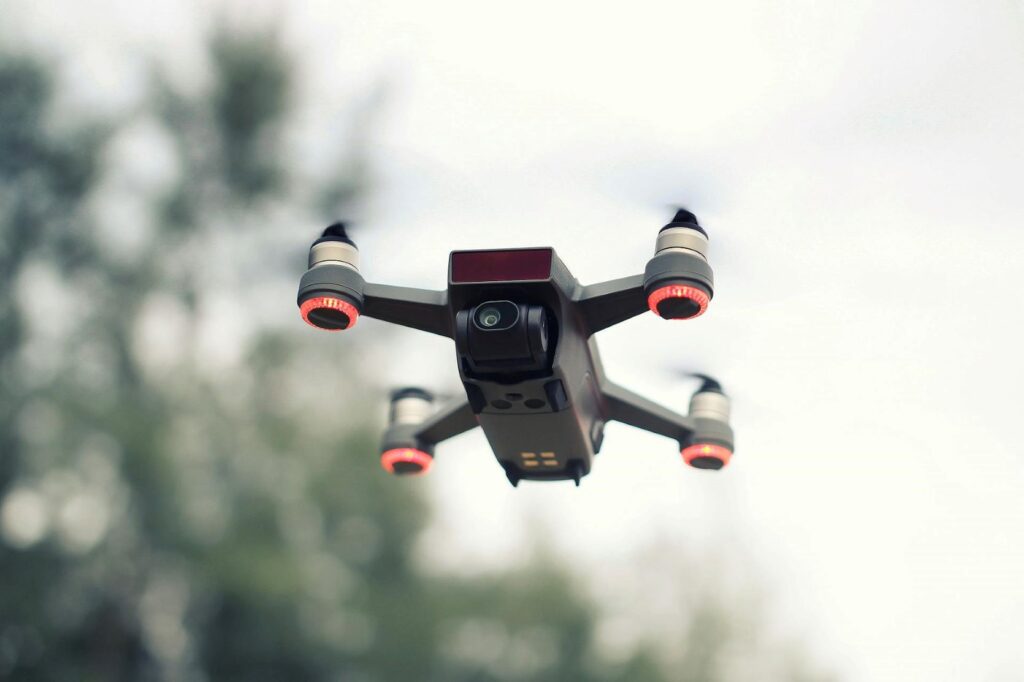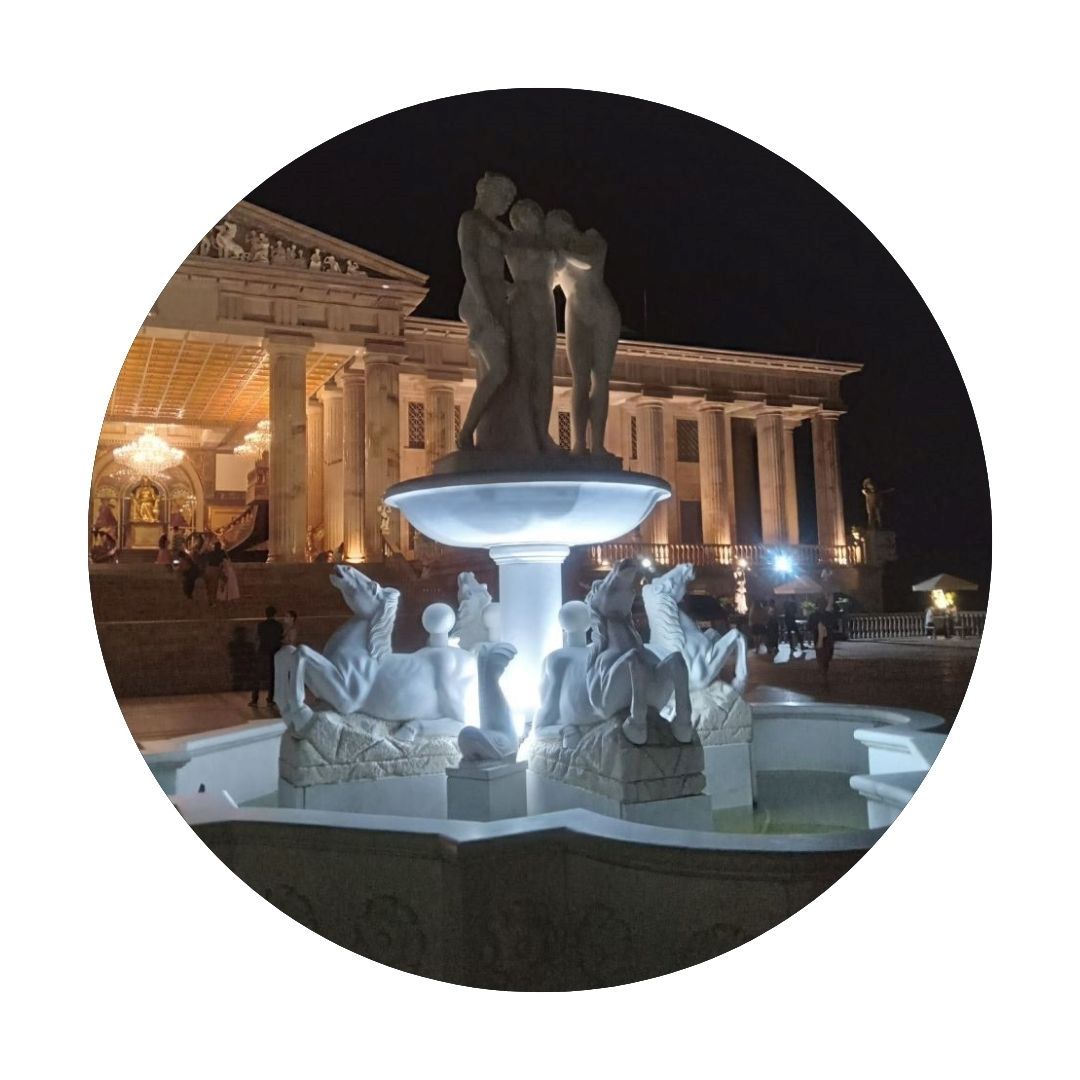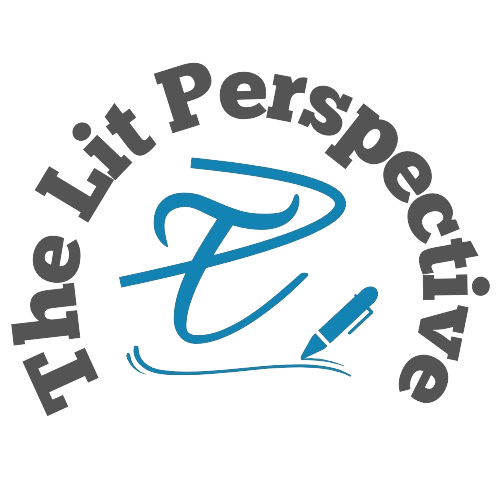TheLitPerspective is your one-stop shop for everything that ignites the spark of curiosity within you.
Technology and Authority: When Strongmen Misuse Tech

Photo by Kevin Bidwell
The world of today is a world steeped in technology. It is unfathomable to imagine a world as better as now without the technology that is already in circulation. Let’s face it: humans have tied themselves to the yoke of technology.
It’ll be pretty hard work to wiggle ourselves out of it.
Because of technology, it has become much, much easier to connect with other people and empower communities. Innovation has only skyrocketed because of how much we’ve integrated technology with our individual lives and societies.
Yet, this unprecedented transformation with technology also invites something sinister. The fact that we live in a world that hinges on technology while bettering a lot of lives across the globe also foments the potential for tyranny.
Technology is a tool. And like any tool, it can be weaponized by anyone. We see examples of it happening right now. Instances where technology is used to control popular sentiment, manipulate public support, and suppress subversive dissent.
When Strongmen Misuse Tech
In this age of digital landscapes, it’s become quite easy for authoritarian regimes to take the reins. It has never been easier for strongmen to just take control of the government.

Photo by Dan Cristian Pădureț
Centuries ago, a potential dictator had to commit a coup to take control, but now consolidating power and dismantling institutions can be done through overwhelming technology. Liberty and freedom have never been so vulnerable.
Technology and Authority: Mass Surveillance
Privacy is one of the cornerstones of a healthy society. Everyone should be free to do as they please. This is especially the case when they are inside their homes. Or as long as they are not impeding on the rights of others.
Any attempt to tread upon those rights should be met with severe resistance.
Yet, because of the proliferation of cameras and other recording devices, governments have been able to pry into their citizen’s privacies, whether online or offline. This has allowed governments and strongmen to control public discourse and limit the freedom of expression.
The loss of privacy and the gathering of data is a recipe for disaster.
Technology and Authority: Social Credit Systems
Freedom of speech is an important aspect of a healthy society. When people are afraid to call out their government, that is when authoritarianism begins to rear its ugly head out of the darkness. The balance between public approval and overt control has always been a fluctuating one. The people want more of a say in how the government should be run. While the government itself wants to do what it can to preserve itself–even if it means undermining its citizens.

Photo by Pok Rie
The concept of social credit systems is the idea that governments can assign arbitrary scores to their citizens so as to better judge them without actually assessing them holistically. What basically happens with social credit systems is that certain acts and ideas are scrutinized far deeper than any other, and rewards or punishments are given depending on the situation. This makes for a very terrifying world wherein an individual can land themselves in trouble with the authorities without ever knowing why.
Technology and Authority: Deepfakes and Disinformation
Perhaps one of the most dangerous things that technology introduced to public discourse is the ease with which disinformation can spread. Because social media sites and comparable platforms are notoriously unregulated outside of their internal rules, people, either unwittingly or not, can find themselves as carriers for disinformation.
The fact that anyone can be targeted makes society more tenuous because it makes it harder to believe in an objective truth.
What Must Be Done to Combat Authoritarianism
There are only really two tools that can effectively stem the tide of authoritarianism. The first is digital literacy. When more people are digitally literate, they are more able to ascertain whether something on the internet is authoritarian or not. The second is critical thinking. Whether online or not, the possession of critical thinking skills is fundamentally necessary to establish a safe and secure society.
Anthony Candela is the author of Vision Dreams: A Parable, a dystopian novel about technology and the ways that a totalitarian society can erode its citizens’ rights and dissuade them from ever rising up.
If you want to grab a copy of the book and learn more about his other works, click this link to take you to his personal website.

Alex is a writer with two modes: simple and wild. He’s equally at home going either way. He always has something to say and something to offer, even if it’s only after a few minutes of furious googling. He loves reading and writing random stuff in his spare time.







